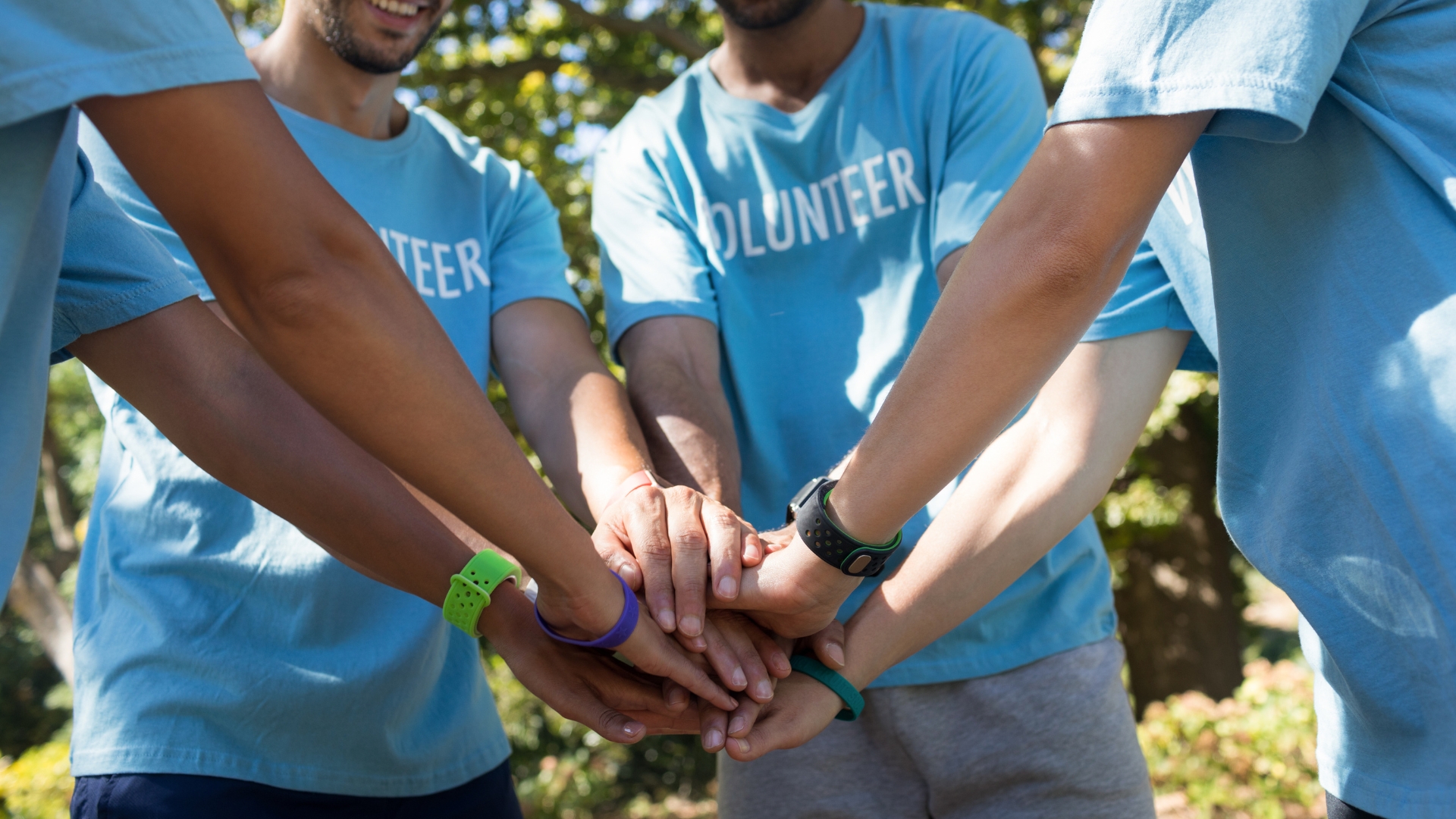In India, where the job market is increasingly competitive, standing out from the crowd is paramount. One way to differentiate oneself is by leveraging volunteer experience into tangible job skills. Volunteer work, often overlooked or undervalued, can be a goldmine of experiences that are directly transferable to the professional world. Here’s how Indian job seekers can effectively translate their volunteer experiences into job-ready skills:
1. Value of Volunteer Work
- Gaining real-world experiences that are often analogous to tasks in professional jobs.
- Demonstrating alignment with corporate values, reflecting a commitment to both personal growth and societal betterment.
Example: Organizing a health camp in a rural area not only hones logistics and community engagement skills but also showcases an understanding of basic healthcare challenges.
2. Communication Mastery
- Ability to convey complex ideas with clarity and persuasiveness, essential for roles in marketing or leadership.
- Adapting communication style to resonate with diverse audiences, ensuring effective transmission of messages.
Example: Creating and delivering a presentation on sanitation importance to a remote village requires understanding, clarity, and adaptability.
3. Team Dynamics
- Experience in collaborating with diverse individuals, understanding and valuing varied perspectives.
- Demonstrated leadership by guiding volunteer teams towards common goals, and mediating to resolve conflicts.
Example: Leading a diverse group to set up a makeshift school in a challenging environment highlights teamwork, leadership, and adaptability.
4. Project Management
- Skills in detailed planning, efficient resource allocation, and strict time management, crucial for roles in event management or operations.
- Ability to anticipate potential risks, devise backup plans, and ensure projects remain on track.
Example: Organizing a community workshop on a tight schedule and budget requires meticulous planning and flexibility.
5. Adaptability & Resilience
- Quickly adjusting strategies in response to changing circumstances, a trait valuable in dynamic industries.
- Demonstrated resilience by overcoming challenges, finding alternative solutions, and maintaining a positive attitude.
Example: When faced with limited resources during a community event, coming up with innovative solutions shows both adaptability and problem-solving prowess.
6. Cultural Sensitivity
- Exposure to diverse cultures fosters understanding and respect, essential for roles in international business or diplomacy.
- Building relationships based on trust and mutual respect, highlighting the ability to work harmoniously in multicultural teams.
Example: Designing a product or campaign that caters to different cultural preferences showcases deep understanding and adaptability.
7. Networking & Relationship Building
- Opportunities to meet and connect with professionals from various fields, expanding one’s professional circle.
- Building deep, trust-based relationships that can be leveraged for collaborations, mentorships, or job referrals.
Example: Forming connections during a volunteering event can lead to collaborations on professional projects or job opportunities.
8. Critical Problem-Solving
- Navigating multifaceted challenges using innovative solutions, a skill essential for roles in strategy or management.
- Employing critical evaluation to understand challenges deeply and devise effective strategies.
Example: Addressing logistical challenges during a large community event showcases analytical thinking and solution-oriented mindset.
9. Time Management
- Expertise in balancing multiple tasks, prioritizing effectively to ensure timely completion.
- Organizational skills that ensure smooth operations, even in high-pressure scenarios.
Example: Juggling responsibilities of organizing multiple community events simultaneously demonstrates superior time management.
10. Empathy & Interpersonal Skills
- Deep understanding and respect for diverse perspectives, crucial for roles in HR or counseling.
- Ability to quickly build rapport, fostering trust, and understanding in interpersonal interactions.
Example: Conducting counseling sessions during community service roles showcases patience, understanding, and effective communication.
11. Initiative & Drive
- Proactively taking up responsibilities, showcasing a can-do attitude and a readiness to contribute.
- Going beyond defined roles, highlighting a drive to achieve greater impact and deliver exceptional results.
Example: Taking the lead in setting up an impromptu community workshop demonstrates initiative and leadership.
12. Resourcefulness
- Ability to innovate using available resources, maximizing impact even with constraints.
- Creative problem-solving that leads to efficient and often out-of-the-box solutions.
Example: Organizing a large-scale awareness campaign with minimal funds showcases creativity and strategic thinking.
13. Ethical Integrity
- Demonstrated responsibility in handling sensitive information, donations, or resources with utmost transparency.
- Building a reputation of trustworthiness and integrity, which is invaluable in roles that handle confidential information or funds.
Example: Transparently managing large sums of donated money for a community project underlines both integrity and financial acumen.
14. Continuous Learning
- Adapting to new roles, responsibilities, or environments, highlighting a commitment to personal growth.
- Proactively upskilling to stay relevant in evolving industries and job markets.
Example: Learning a new language or digital tool to enhance community engagement reflects adaptability and a growth mindset.
15. Public Speaking
- Confidence in addressing diverse audiences, conveying ideas effectively, and engaging listeners.
- Ability to present complex information in an understandable manner, making it accessible to all.
Example: Leading a successful awareness campaign in front of a large gathering showcases both knowledge and effective communication.
16. Negotiation Skills
- Expertise in securing resources, support, or collaborations through persuasive discussions.
- Mediating disagreements to find common ground, essential for roles in sales or management.
Example: Convincing community leaders to support a local initiative or securing resources under budget constraints demonstrates effective negotiation.
17. Endurance & Commitment
- Demonstrated perseverance in seeing projects through, even in challenging circumstances.
- Strong work ethic and commitment, reflecting reliability and dedication to one’s responsibilities.
Example: Coordinating a week-long event with minimal rest, while ensuring its success, highlights both physical and mental endurance.
In conclusion, volunteer experiences are not just acts of altruism but are rich, learning-filled endeavors that mold individuals into well-rounded professionals. The skills gained through these experiences are multifaceted, ranging from tangible abilities like project management to intangible qualities like empathy and resilience.
As job seekers aim to differentiate themselves in a crowded market, leveraging and articulating these volunteer-acquired skills can be a game-changer. So, the next time you reflect upon your volunteering journey, remember it’s not just about the good you did for the community but also the invaluable skills you garnered along the way.




